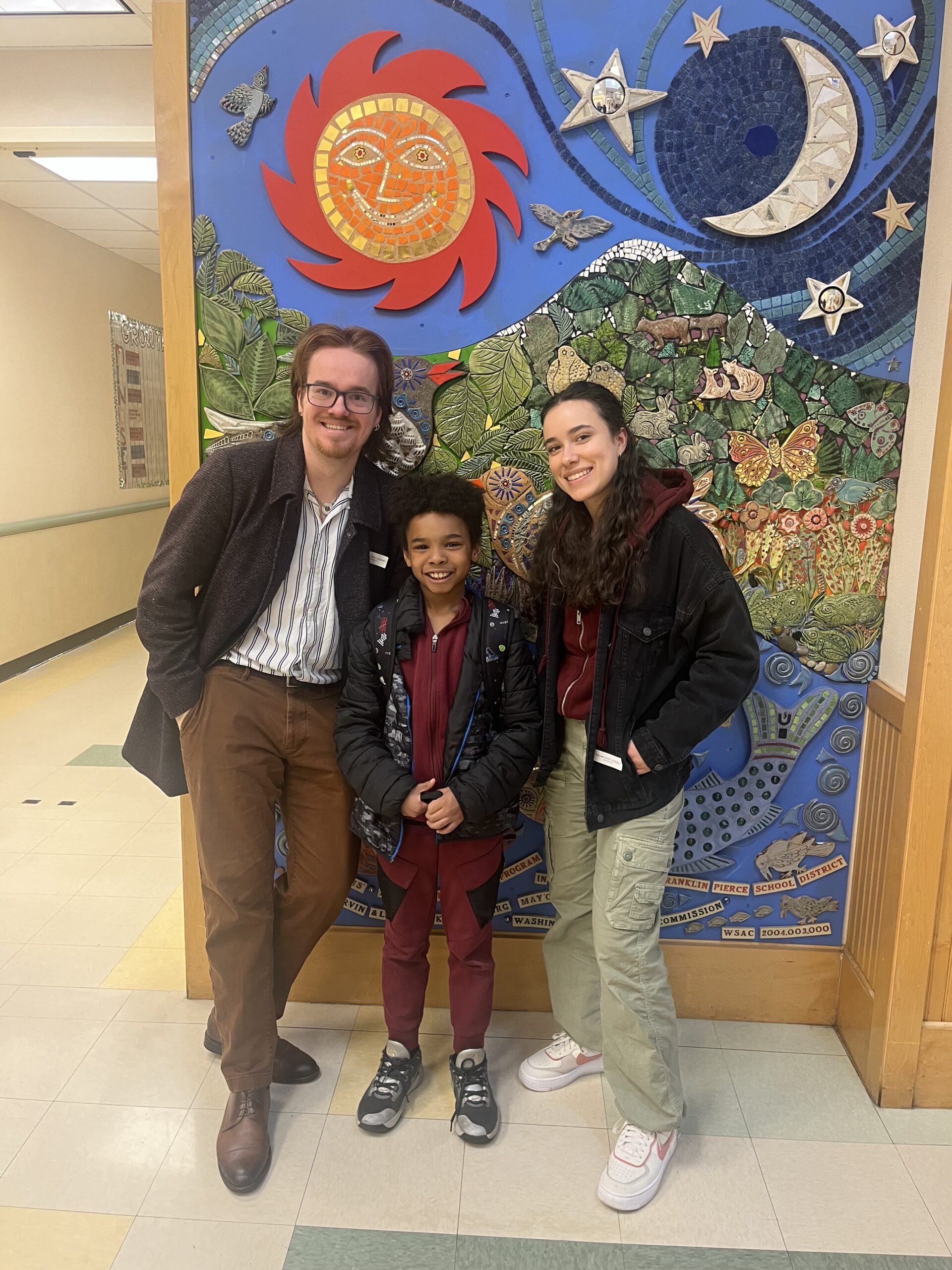
Mateo Acuña
Staff Reporter
Following her professional debut at the Metropolitan Opera, Angela Meade went on to be known as PLU’s most famous alumni and one of the best operatic sopranos alive today. Given her busy schedule, she took an interview through email correspondence to give advice to PLU’s student vocalists.
Meade recommends PLU student vocalists study beyond just the music they are performing. “Get all the basics you can under your belt,” she said. “Language study is super important if this is the career you decide to pursue, since you will need to communicate effectively in other languages your entire career.”
Meade added that students should “travel to the places where what you love was inspired and created,” and if travel is not an option, to read and study the history of those places.
PLU provided Meade with numerous opportunities that helped her career down the line. “It’s an entirely different aspect to have the opportunity to hone those skills, but also build your confidence to do so,” she said.
Meade said that communication is key for what she looks for in a singer. “I want them to communicate, both with the words but also with the music. Singing is one thing. Communicating is another.”
Meade said that the competition aspect allows students to experience the audition process, a staple of the professional vocalist. She honed her audition skills while she was at USC earning her master’s degree. On the weekends, while her friends went out for drinks, Meade competed in and won opera competitions.
After USC, Meade applied many times to the Young Artist Program with no success. Then, while she was enrolled at the Academy of Vocal Arts, she stepped in for an ill colleague as Elvira in Verdi’s Ernani, making her professional and Metropolitan Opera debut simultaneously.
Meade’s parents were skeptical that she could earn a living as an opera singer until she made her professional debut. The music industry, whether it be classical or contemporary, is a competitive, tough field. Meade’s story shows that despite rejection and adversity, music majors can lead successful careers in their field.

















